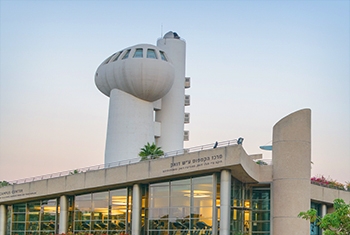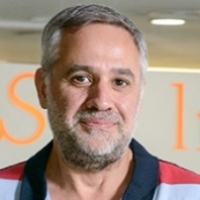Established in 2007, the Nella and Leon Benoziyo Center for Astrophysics promotes research in theoretical and experimental astrophysics, cosmology, and related topics at the Weizmann Institute of Science. In addition, it supports collaborations with academic institutions in Israel and abroad, and the training of young researchers studying for MSc and PhD degrees, and postdoctoral fellows. The center brings together theoretical, computational,observational, and experimental particle astrophysicists.
Theoretical Astrophysics
Theorethical astrophysicists at this cener study a wide range of topics, including particle astrophysics, stellar physics, black holes, stellar dynamics, gravity, galaxy dynamics, high energy astrophysics and cosmology. Research approaches include theory, data driven phenomenology and computation, often in close interaction with observers.
Computational Astrophysics
Computational astrophysics is a central tool of modern theoretical astrophysics. Center members use a dedicated high performance parallel computing cluster to tackle challenging problems in the areas of gravitational dynamics, relativistic astrophysical plasmas, and relativistic hydrodynamics.
Observational Astrophysics
The center supports an active program of observational astronomy. Current activity focuses on optical studies of stellar explosions, multi wavelength studies of the transient sky, gravitational lensing, and the study of the solar system's comets. Center observers are major partners in the leading international ZTF collaboration for optical monitoring of the transient sky, and enjoy access to leading observatories. Students and post-docs have access to various observing facilities.
Experimental Particle Astrophysics
Center experimentalists are members of the XENON collaboration, one of the leading direct detection experiments of dark matter particles, and collaborate in the Antarctic IceCube experiment for the detection of high energy neutrinos from astrophysical sources.


